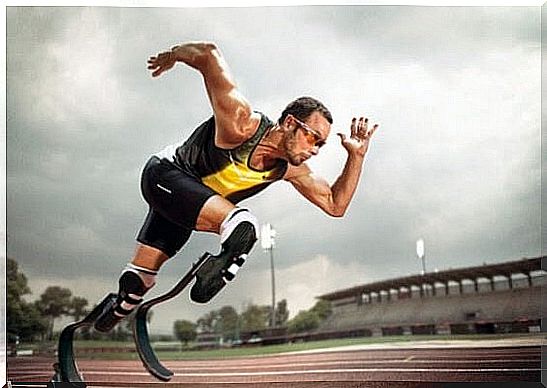The Importance Of Mental Resilience In Sports

Mental resilience is a very important skill in all sports. Athletes face the stress of competition and the pressure to be the best in their respective fields. You should also add to this the concerns they experience about working with their own bodies. These concerns are often hidden behind the many medals they win. Elite athletes punish the body, push it to its limits and are far from healthy. This idea, in turn, is related to another source of pressure – injuries.
How does resilience work outside of sports? The truth is that athletes are not alone in overcoming obstacles. We have all faced loneliness and sunk until we hit rock bottom. Usually this is accompanied by the feeling that it will be very difficult to get ourselves back on the water. In fact, this is something that we all go through with more or less intensity in our daily routines.
In this case, sport can become a training ground for certain psychological variables, even for people who do not practice a sport professionally. Mental resilience is clearly found among these variables. Moreover, an accident or the death of a loved one are experiences that we are rarely prepared for. In these kinds of situations, having enough mental resilience makes a big difference between successfully overcoming it or not.
Athletes are role models for overcoming difficulties
If there’s one thing that sets athletes apart from the rest of us, it’s that they put most of the pressure they experience on themselves. At the same time, many have no choice but to manage themselves. However, this pressure gives them the maturity that makes it possible for them to develop and strengthen mental resilience. In this way they become people who are committed, very determined and above all have a strong confidence that comes from experiencing many storms and watching the clouds retreat over time.
Think about this – athletes can suffer from injuries, performance issues and illnesses that leave them unable to perform their jobs. Nevertheless, they recover very easily from setbacks, as a study that Galli and Vealy conducted in 2008 also shows. The mental strength athletes have much morale, they remain afloat in situations where the rest of us would drown. This is the product of their experience, but it is also an exercise of faith and hope.

Being resilient to challenges, not just in sports
In this sense, we should also not forget all athletes with disabilities who, despite their limitations, manage to give their very best and face the challenge of getting better every day with hope. Rather than being victims of adversity or tragedy, they are victors and role models whose example we should follow. They don’t stop. They are strong and resilient.
The psychological pressure that every athlete is exposed to is not a barrier to putting in the effort and getting better every day. Why doesn’t this happen to people who are not in the sports world? According to the study mentioned above, the answer can be found in the constant physiological active state of athletes. This condition allows them to generate and maintain a helpful level of optimism. However, it seems that the same does not happen in people who have a sedentary lifestyle.
Mental resilience applied to other facets of life
You don’t have to be an athlete or join a soccer team to enjoy the benefits that sport can provide. Enrolling children in a sport at an early age, any sport, is always positive for their development. It will also teach them to better deal with stress and other emotions that can lead to defeatism.
All that sport has to offer, the benefits it entails, will help to extrapolate those acquired positive skills to the different facets of life. That is, mental resilience will, for example, have major consequences for social relationships, school performance and work performance.

Applying mental resilience to everyday problems
Resilience in sport can become an excellent tool for successfully overcoming life’s problems. This goes from everyday issues to the rarest problems and the ones that have the greatest emotional impact. By learning to manage these conditions correctly, we can recover faster. Sports, as we said before, can be a good training ground to practice this pose.
Sport is an excellent opportunity to extrapolate everything we can learn from our problems into our routine. We may think that sport only promotes the health of our body. But the truth is, it can give us many more important skills. Skills that enable us to overcome problems that no one prepared us for. Will you pass up that opportunity?









